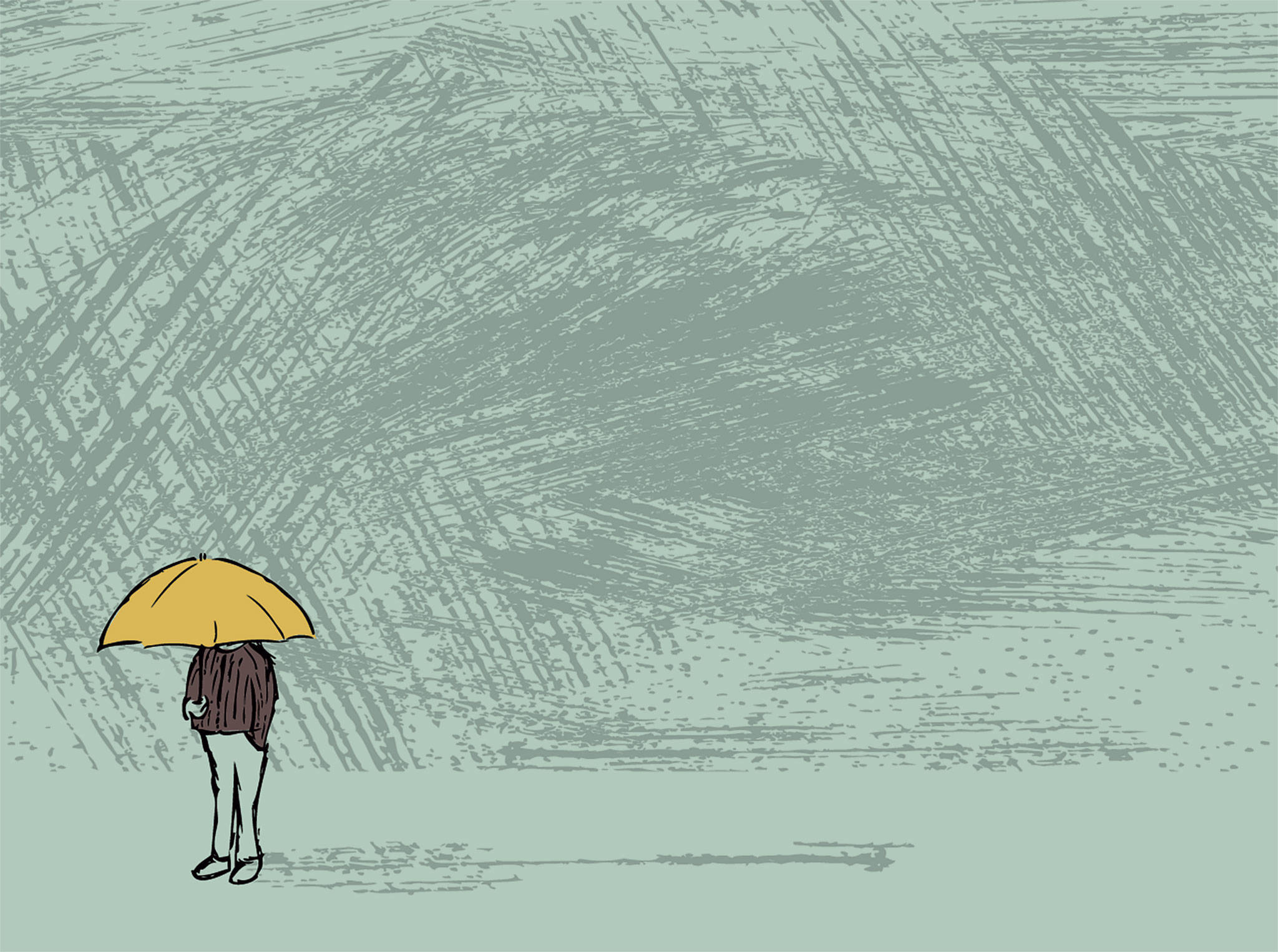In the last year, many of my medical colleagues have asked me, “Do you think that there is an increase in depression and anxiety”?
I hadn’t thought much about it, but in the first quarter of this year, our Behavioral Health Department at The Everett Clinic was hit by a tsunami of adults and children coming in with these conditions. In January through March alone, we saw over 1,500 new patients asking for help. This is unprecedented in the 25 years I have run our department. What’s going on?
With regard to depression, a 2017 study of over 600,000 individuals found significant increases of depression among teenagers and older adults. But we are also seeing soaring rates of anxiety, especially among teenagers. The National Institute of Mental Health estimated that 38 percent of teenage girls and 26 percent of teenage boys are suffering from anxiety disorders. How can this be?
At the same time, access to mental health care has worsened. Looking at a variety of statistics, Mental Health America ranked Washington 34 out of 50 states for mental health care in the nation. Despite the Affordable Care Act, 17 percent of individuals with a mental illness have no health insurance. And many adults with insurance can’t afford care.
Anyone who has tried to find a therapist or a psychiatrist will tell you, “Hardly anyone is taking new patients.” Snohomish County has one of the lowest number of psychiatrists per 1,000 individuals in the state. The demand for mental health services and the lack of providers creates the perfect storm. More people need help and they can’t find the help they need.
Recently, I read an excellent book published this year titled “Lost Connections: Uncovering the Real Causes of Depression — And the Unexpected Solutions” by Johann Hari. A journalist, Hari conducted exhaustive research on the rise of depression and anxiety in our culture, interviewing patients, scientists and mental health professionals alike.
What he found: These increases in the rates of anxiety and depression is not likely based on better ways of diagnosing these conditions, but rather on the increased disruption of our social fabric — the loss of meaningful work, social support, financial security and spiritual values.
He reminds us that while all mental states do have a physical basis — in our brains and in our genes — that they also have a psychological and social foundation as well. This has been referred to as the “bio-psycho-social” model of mental health.
On the psychological side, there is increasing evidence that children and adults who have had adverse childhood events or trauma are more likely to experience depression and anxiety. The more of these events someone experiences in their childhood, the more likely they were to have both mental and physical disorders as adults. As a psychologist, I see this correlation every day.
Hari focuses on the social disconnection that our modern culture has wrought. We are more plugged into our smartphones than we are with each other. We spend more time looking at posts on Facebook by our friends than we do spending time with our friends.
A Gallup poll in 2012 found that 63 percent of workers indicated that they were “not engaged” with their work. And with the rise of the gig economy, loss of pensions offered by employers and the recession of 2007, many Americans have lost their sense of future financial security — an important element for well-being.
I am also sure that the upheaval between our branches of government has further increased our sense of insecurity.
Perhaps the first step in our collective healing is to acknowledge these disruptions. It’s sometimes difficult to see how we are impacted by our psychological and social experience. There is something wrong here. We need to ask ourselves how can we find greater balance, meaning and connection in our lives. We need to make change.
That is, perhaps, the first step toward health.
Paul Schoenfeld is director of The Everett Clinic’s Center for Behavioral Health. His Family Talk Blog can be found at www.everettclinic.com/amily-talk-blog.
Talk to us
> Give us your news tips.
> Send us a letter to the editor.
> More Herald contact information.

























